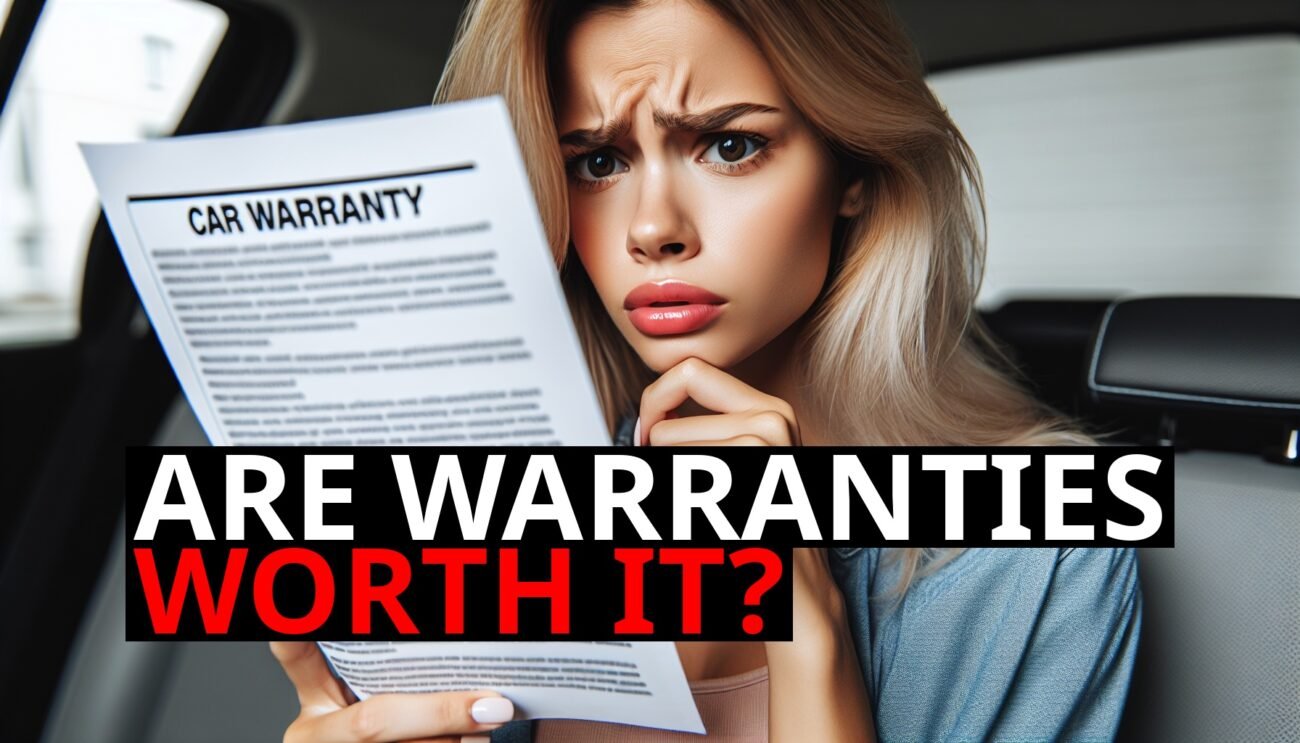You’ve just picked out a brand-new gadget, maybe a sleek laptop or the latest smartphone. As you’re about to pay, the cashier enthusiastically asks if you’d like to add an extended warranty to protect your purchase. It seems like a responsible choice—after all, you want to support your favorite store, right? But before you say yes, it’s worth considering what that decision really means. Are you supporting your favorite retailer, or are you simply lining their pockets?
The Economics Of Extended Warranties: A Lucrative Business
Let’s start with some straight talk: Extended warranties are one of the most profitable products that retailers offer. While they’re marketed as a way to protect your investment, the economics behind them tell a different story. The majority of consumers never use their extended warranties, which means most of that money stays with the retailer as pure profit.
In fact, extended warranties typically come with payout ratios as low as 20% to 40% (Credence”>Source“>Source Research). This means that for every dollar you spend on a warranty, the store might only pay out 20 to 40 cents in claims. The rest? It goes directly to the retailer’s bottom line.
Where Does Your Money Go? The Profit Margin Breakdown
When you buy an extended warranty, you’re paying for more than just potential repair costs. A significant portion of that money goes towards the retailer’s profits. This is why salespeople are so eager to sell you these warranties—they’re often incentivized with commissions, and the store itself benefits from the high margins.
For example, if a store sells a $200 extended warranty, it might cost them only $50 to administer. The remaining $150 is profit, making it one of the most lucrative products per dollar spent. This explains why stores push extended warranties so hard—they’re essentially low-risk, high-reward sales (BlueWeave”>Source“>Source Consulting).
Ethical Considerations: Are You Supporting The Right Cause?
Now, let’s talk about the ethical side of things. When you purchase an extended warranty, you might think you’re supporting your favorite store and helping to keep it in business. But is that really the case? Or are you just contributing to a system that prioritizes profit over consumer value?
Many consumers prefer to shop at stores that align with their values, whether that’s supporting local businesses, ethical practices, or customer-focused policies. However, the aggressive upselling of extended warranties might not align with these values. After all, these warranties are often more about increasing profits than providing real value to customers.
Some might argue that supporting a store through purchasing extended warranties helps keep it afloat, especially in tough economic times. But consider this: If the store’s business model relies heavily on selling products that don’t offer fair value to consumers, is that really the kind of business you want to support?
Alternative Ways To Support Your Favorite Store
If you’re looking to support a retailer you love, there are better ways to do it than buying an extended warranty. Consider these alternatives:
– Loyalty Programs: Many stores offer loyalty programs that reward you for your purchases. Participating in these programs supports the store while providing you with tangible benefits, like discounts or rewards.
– Purchasing Gift Cards: Buying gift cards is another way to support your favorite store. This helps the business with cash flow while ensuring that you or someone else can make a future purchase.
– Leaving Positive Reviews: One of the most impactful ways to support a business is by leaving a positive review. This costs you nothing but can significantly influence other customers to shop there.
– Referrals: Encourage friends and family to shop at the store. Word-of-mouth referrals are powerful and can help the store grow without you having to spend extra money on products that might not offer real value.
The Bottom Line: Should You Buy That Extended Warranty?
Before you agree to an extended warranty, it’s important to ask yourself why you’re buying it. Is it because you truly believe it will protect your purchase, or because you feel like it’s a way to support your favorite store? If it’s the latter, there are more effective—and ethical—ways to do so.
In most cases, the economics of extended warranties favor the retailer, not the consumer. By understanding where your money goes and considering alternative ways to support your favorite stores, you can make a more informed decision that aligns with your values. After all, supporting a business doesn’t mean you have to compromise your financial well-being.













